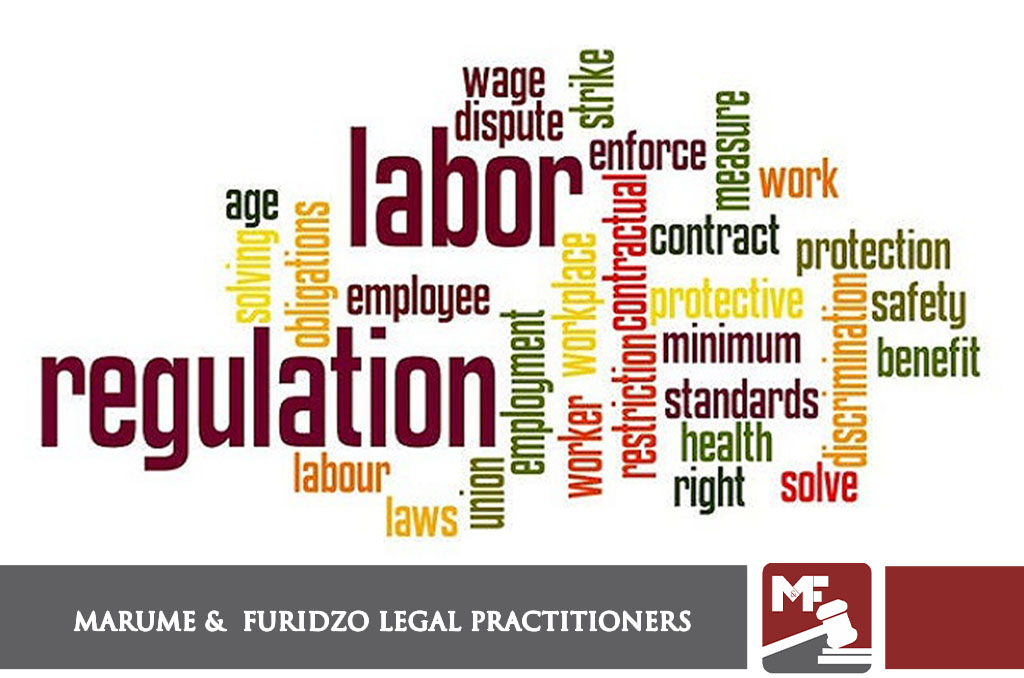In Zimbabwe, only a registered legal practitioner who is in possession of a valid practising certificate may practice the profession of law. The same applies to a registered notary public and conveyancer. Thus, section 9(1) of the Legal Practitioners Act provides as follows;
9(1) ‘No person other than a registered legal practitioner, registered notary public or registered conveyancer shall practise as such or in any manner hold himself out as or pretend to be or make use of any words or any name, title, designation or description implying or tending to the belief that he is a legal practitioner, notary public or conveyancer, as the case may be, or is recognized by law as such.’
It is therefore important for one to first establish that they are dealing with a registered legal practitioner. There is a proliferation of unregistered legal practitioners and the dangers of engaging such people are many. One of the dangers is that the client’s case may fail completely as happened in the case of Martin Masuka v Mafioni Rikonda & Ors HH97/22 where the court stated as follows;
“An attorney and client relationship is established once an attorney accepts the client’s mandate. The attorney becomes the agent and the client the principal. Moyo and Chivaura were disqualified from accepting a mandate from clients by operation of law. Chivaura’s law firm was under curatorship. Moyo was unattached, that is according to the official position from the Law Society. He was on a frolic of his own. It follows that everything done by the two counsels in their own names and in the name of the law firm under curatorship, and behind the curator’s back were clearly fraudulent acts.”
There are various ways of establishing whether one is dealing with a registered lawyer;
- When consulting a lawyer physically it is important that the consultation is done at the lawyer’s premises. All lawyers are required to have offices (approved by the Law Society of Zimbabwe) from which they operate from. You should therefore avoid consulting a lawyer in the street, outside the court house or such other places.
- Where consultation is done online, try to have formal communication channels like emails. In most cases the law firm email may have the details of the lawyer and law firm that can be helpful.
- Avoid making payment to the lawyer in the street.
- Whenever in doubt, one can contact the Law Society of Zimbabwe to verify as it has a register of all registered and practising lawyers in Zimbabwe.
With the recently introduced Integrated Electronic Case Management System (IECMS) it is a requirement that you provide the lawyer with your personal details. These include your full name, ID number, phone number, email address and business/residential address. If it is a legal entity, the Tax Identification Number (TIN) is required. This is important because once this information is registered on the IECMS by the registrar of court, you will be able to get automatic updates on the progress of the case at the court.
The intended lawyer may be conflicted for one or another reason and he/she may not be able to represent a client. Conflict of interest rule is defined in Legal Ethics by E A L Lewis as follows:
“The rule is this: A practitioner must not act at the instance of a client or prospective client if he has or is likely to have a conflicting interest as above defined and if such an interest or its likelihood appears when he is already acting he must cease to act unless before undertaking the task or when the interest or its likelihood appears, he shall have made the fullest disclosure to the client or prospective client of that interest or its likelihood and the latter, with the clearest understanding of the disclosure and of the implications, shall have unreservedly consented to his acting. There is however the rider that even with such understanding and consent the attorney shall avoid acting or continuing to act if he is not absolutely certain of his ability to do so without leaning towards any preference contrary to the client’s interest unless exceptional circumstances operate … The making of full disclosure in any instance may be inhibited by considerations of privilege or confidence which if not waived may render it impossible for the attorney to proceed on behalf of the instructor.”
When giving instructions to a lawyer you should make sure that you give him/her all the relevant information to your case. The information you give to your lawyer is generally protected by the lawyer-client privilege and you should not fear that the information may be used against you. The Civil Evidence Act actually protects the lawyer client privilege.
Lawyers have different areas of expertise and it is important that one instructs a lawyer who has expertise in the area. In some law firms, they have departments that deal with specific areas of the law and when consulting you are referred to the relevant department. Where the law firm or lawyer has no expertise in the area, they usually refer the client to another lawyer or law firm. Sometimes, the lawyer may just need time to research on the case without necessarily having to refer the client to another lawyer. Once a litigant makes a choice on the lawyer to represent him/her then he should live by the consequences of his/her choice should the lawyer act without diligence or shows incompetence.
The contents of this article are for general information purposes only and do not constitute our legal or professional advice. We accept no responsibility for any loss or damage of whatsoever nature which may arise from reliance on any of the information published herein.
Copyright © Marume & Furidzo Legal Practitioners 2024.



